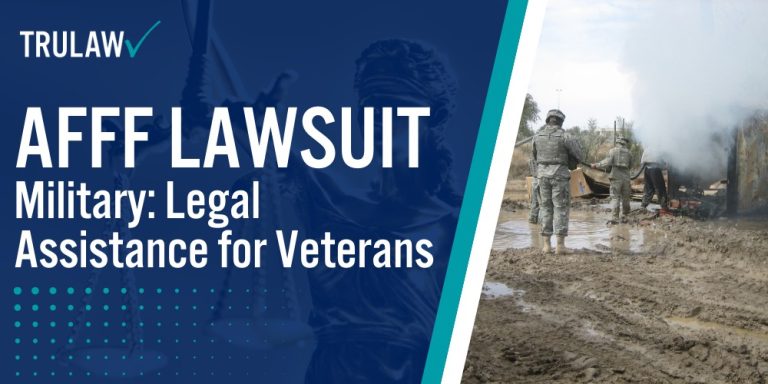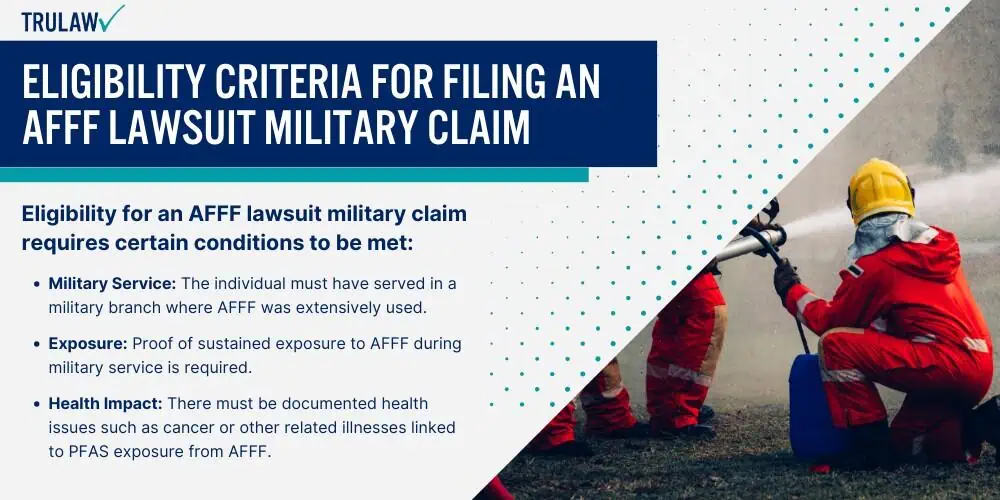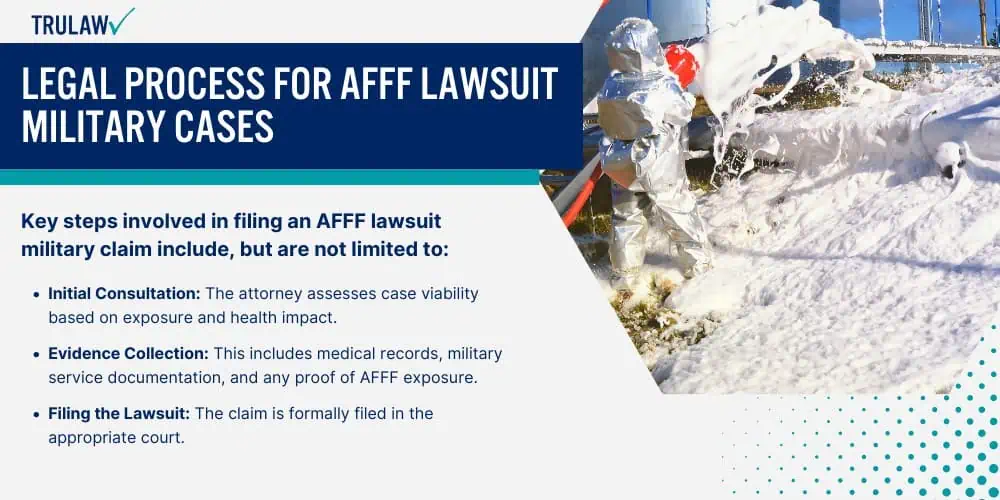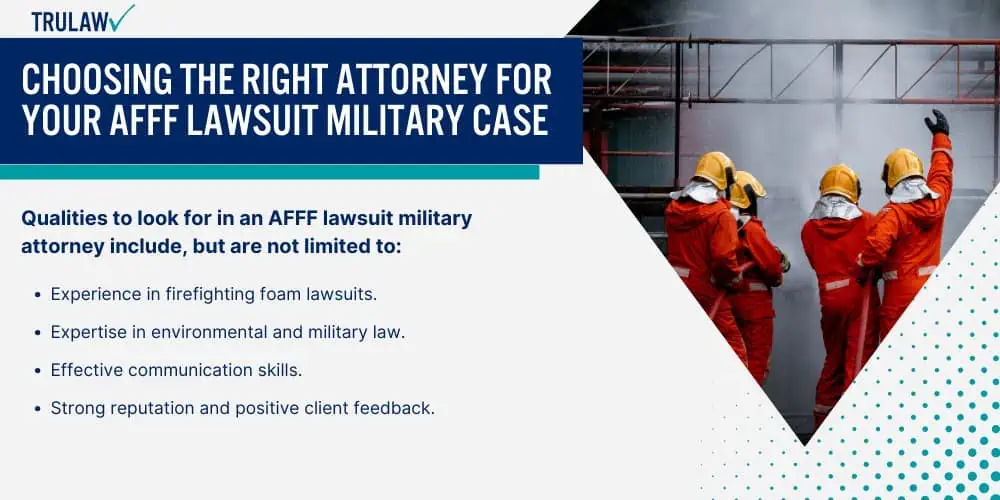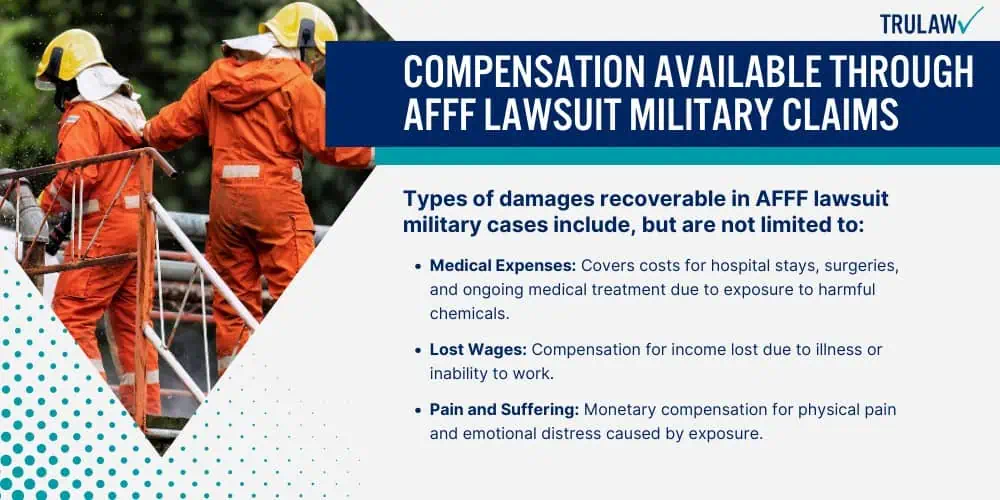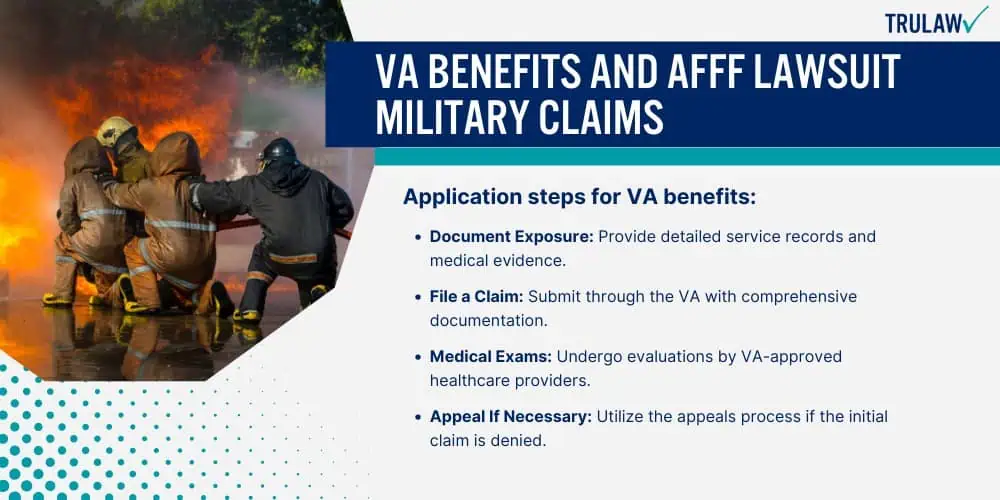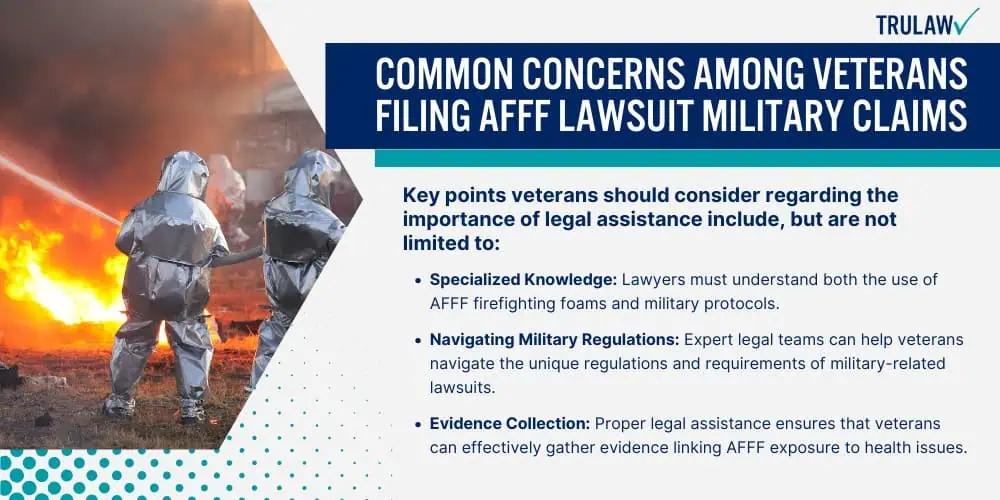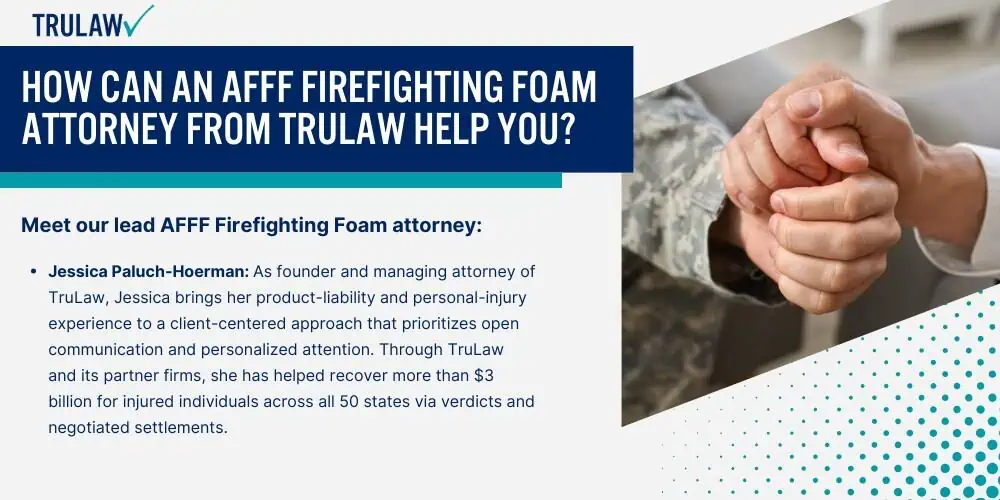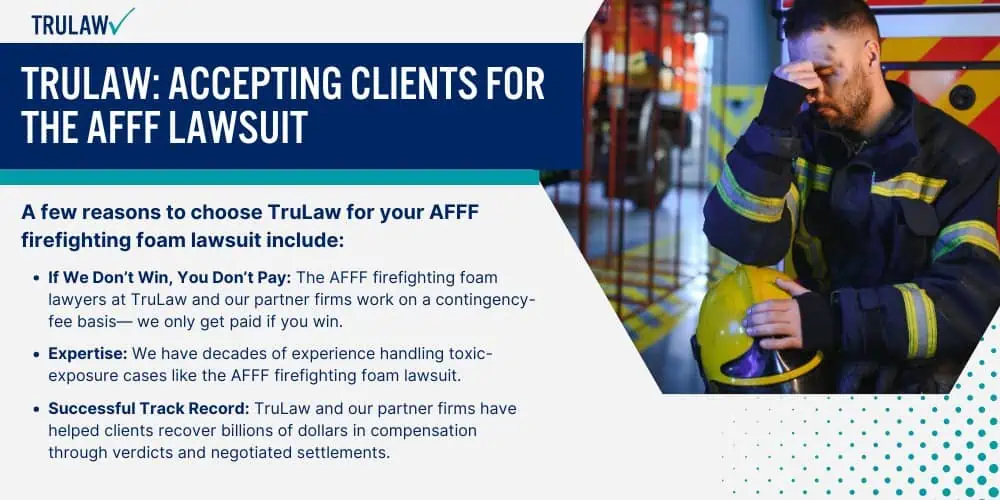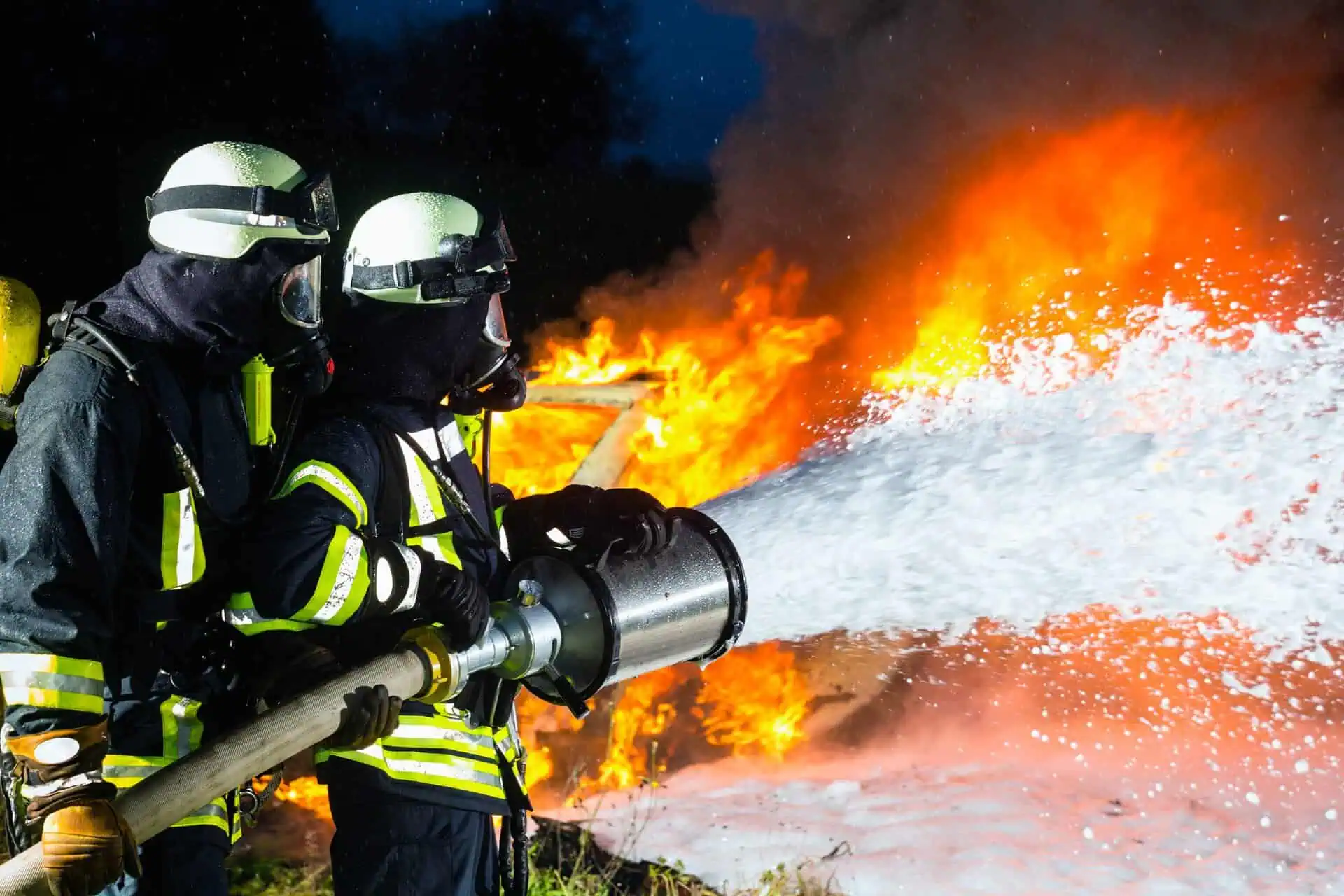Exposure to AFFF (Aqueous Film Forming Foam) in the military has been linked to significant health risks, particularly due to the presence of PFAS chemicals.
This section highlights common health issues linked to such exposure and the potential long-term effects on veterans.
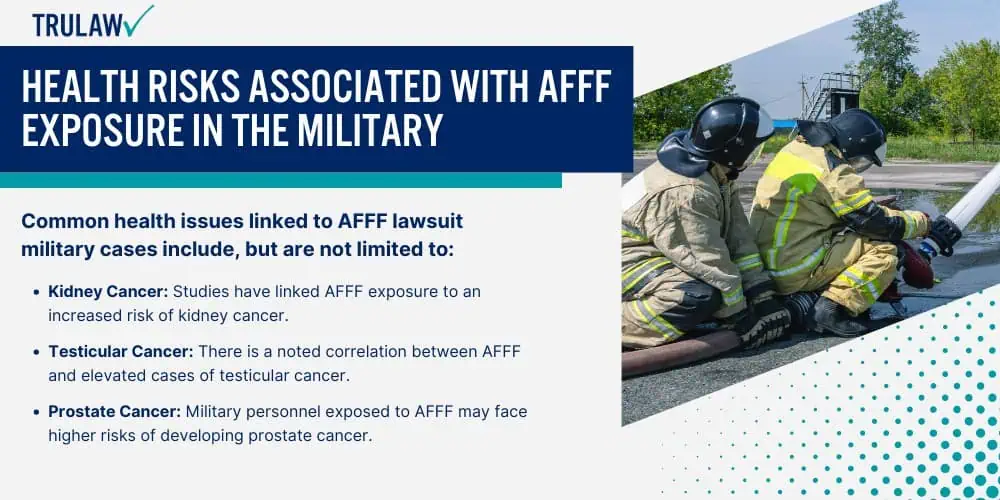
Common Health Issues Linked to AFFF Lawsuit Military Cases
AFFF exposure in military settings is associated with several health issues.
The PFAS chemicals in AFFF are known to be toxic and can cause significant harm.
Common health issues linked to AFFF lawsuit military cases include, but are not limited to:
- Kidney Cancer: Studies have linked AFFF exposure to an increased risk of kidney cancer.
- Testicular Cancer: There is a noted correlation between AFFF and elevated cases of testicular cancer.
- Prostate Cancer: Military personnel exposed to AFFF may face higher risks of developing prostate cancer.
- Thyroid Disease: Research suggests a connection between PFAS exposure and thyroid disease, which can affect metabolism and overall health.
These health risks highlight the severity of the exposure to toxic firefighting foam in military environments.
Long-Term Effects of AFFF Exposure on Veterans
The long-term effects on veterans subjected to AFFF exposure can be severe and enduring.
PFAS chemicals, often referred to as “forever chemicals,” can remain in the body and environment for extensive periods.
Long-term health effects seen in veterans include:
- Chronic Illnesses: Persistent exposure can lead to conditions that require lifelong management.
- Cancer Recurrence: Veterans with a history of exposure might face recurring instances of cancers like kidney or testicular cancer.
- Neurological Disorders: Long-term exposure may contribute to neurological issues, affecting cognitive functions.
- Endocrine Disruption: Long-term PFAS exposure can disrupt hormonal balance, contributing to diseases like thyroid disorders.
These long-term impacts underscore the importance of recognizing and addressing military personnel’s health risks due to toxic firefighting foam exposure.
